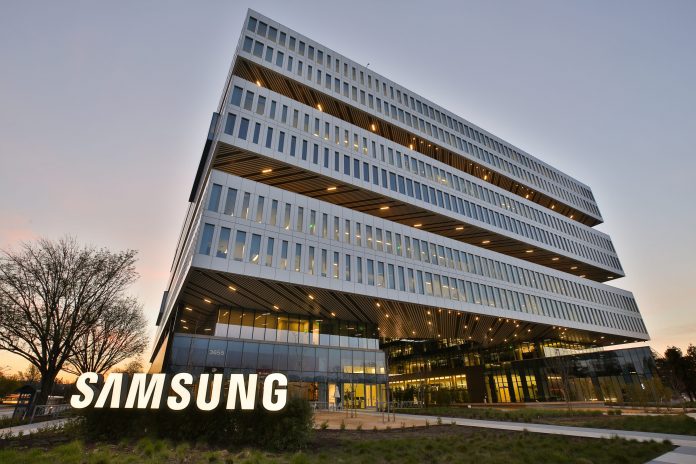This is true grassroots creativity. According to the World Health Organization (WHO), at least 2.2 billion people have some kind of vision deficiency, with about half of these cases preventable or unaddressed. The affordability and availability of eye care services is a major issue in this country; it is estimated that it is four times more prevalent in low- and middle-income regions than in high-income regions.
To fix this, Samsung has invented a significant solution. It is repurposing old smartphones to improve access to ophthalmic health care in underserved communities all over the world. It has collaborated with the International Agency for the Prevention of Blindness (IAPB) and Yonsei University Health System (YUHS) in Korea to develop medical devices that test for eye disease by repurposing old Galaxy smartphones. This Galaxy Upcycling initiative is assisting in the treatment of approximately 1 billion global cases of vision deficiency that can be avoided with a proper diagnosis.
Samsung launched the Galaxy Upcycling program in 2017 to bring novel ways for Galaxy devices to have a positive effect. The software allows an older Galaxy smartphone to serve as the brain of the EYELIKE handheld fundus camera, which attaches to a lens attachment for improved fundus diagnosis while the smartphone is used to capture photographs.
The Galaxy system then employs an Artificial Intelligence algorithm to analyze and diagnose photos for ophthalmic diseases, and it connects to an app that reliably collects patient data and recommends a treatment regimen at a fraction of the cost of commercial instruments. Diabetic retinopathy, glaucoma, and age-related macular degeneration are among the disorders that can lead to blindness that can be detected by the low-cost diagnosis camera.
Millennials and Generation Z are, for the most part, technologically savvy. A smartphone is owned by more than two-thirds of their generation. They are also natural leaders. More than 86 percent believe they can make a difference. They are committed activists who strive to make a positive difference with all they do and are determined to make the world a better place for everyone. And, because they have grown up in a mostly borderless, online world, Samsung hopes to amplify their sense of global community. Both generations are visionary, but they need resources to help them achieve their goals while still allowing society to expand and develop. That is why Samsung and the United Nations Development Programme are assisting the next generation.
Follow and connect with us on Facebook, LinkedIn & Twitter

